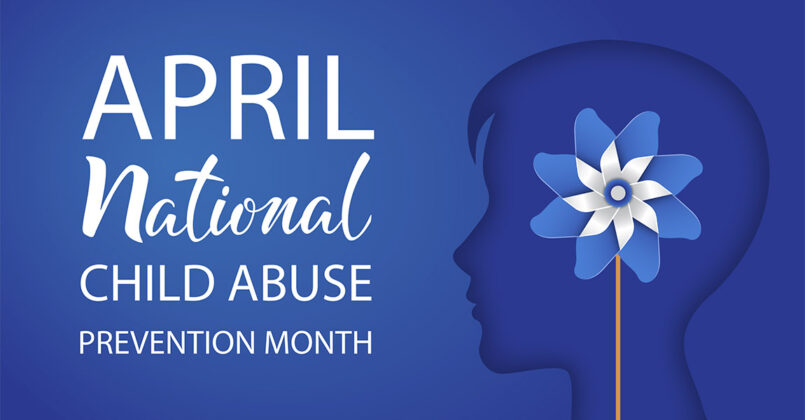During the month of April, we recognize National Child Abuse Prevention Month and the importance of healthcare and communities working together to help families thrive and prevent child maltreatment. On April 5, SDAHO hosted Lindsay Harris, Education and Public Awareness Specialist for the Children’s Home Society of South Dakota. Lindsay educated SDAHO members on the importance of Understanding Adverse Childhood Experiences (ACEs) and how this trauma impacts children and if left untreated, how it can affect their health and productivity throughout their lifetime.
Beginning in 1994, the “adverse childhood experiences” (ACE) Study, a partnership between the Centers for Disease Control (CDC) and Kaiser Permanente assessed the relationship between adult health risk behaviors and childhood abuse and household dysfunction. The ACE score is then determined by the number of adverse childhood events involving abuse, neglect or loss prior to age 18.
Did you know? Childhood trauma increases the risk for seven out of 10 of the leading causes of death in the United States. In high doses, it affects brain development, the immune system, hormonal systems, and even the way our DNA is read and transcribed. Study also shows, children exposed in very high doses have triple the lifetime risk of heart disease, lung cancer and a 20-year difference in life expectancy.
To learn more about the ACE study, what specific problems attribute to a higher ACE score and how communities can help to prevent ACEs, click here to watch the full session on ‘Understanding ACEs Building Self-Healing Communities’. Members can access this recording for no-additional cost through the education portal.




